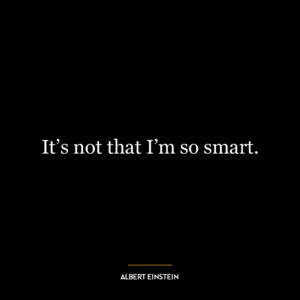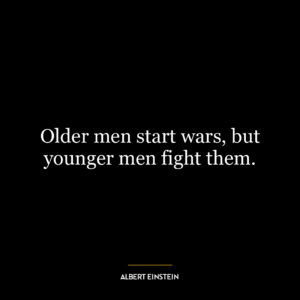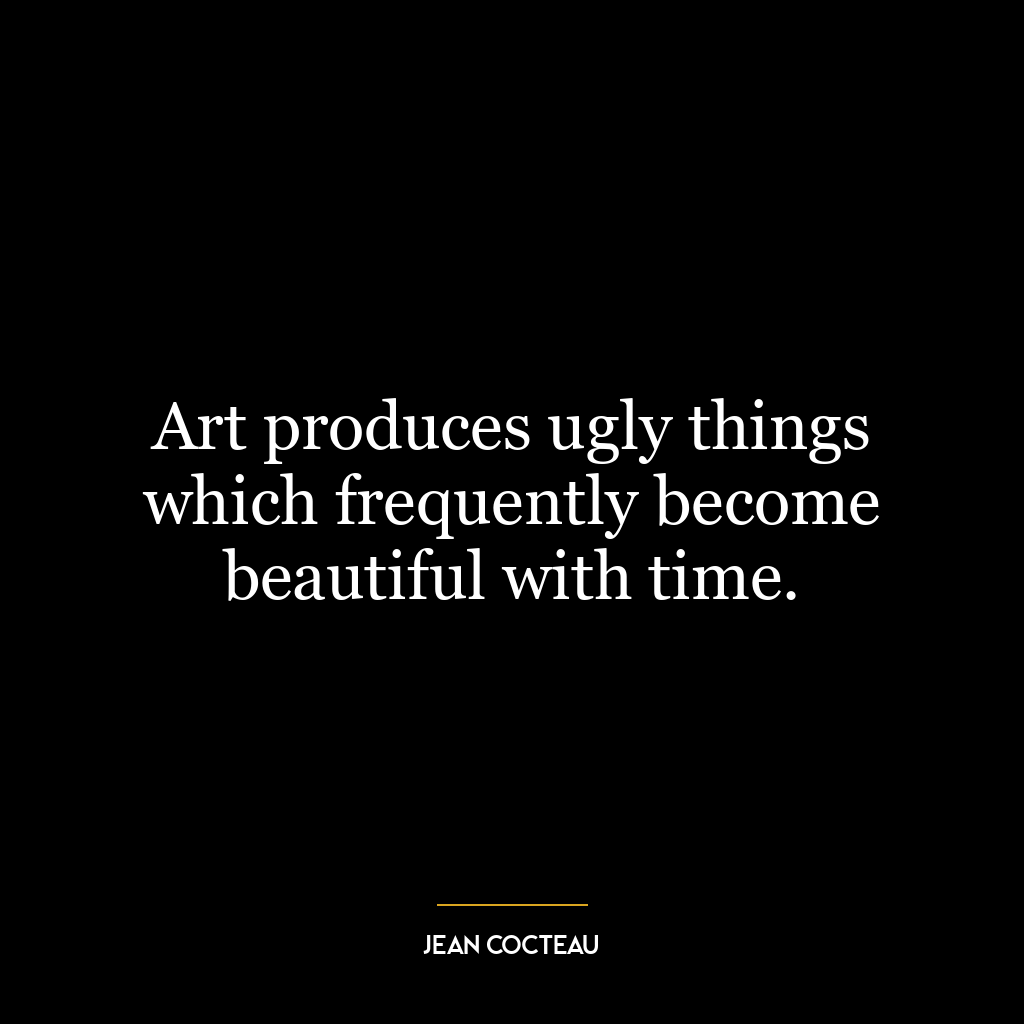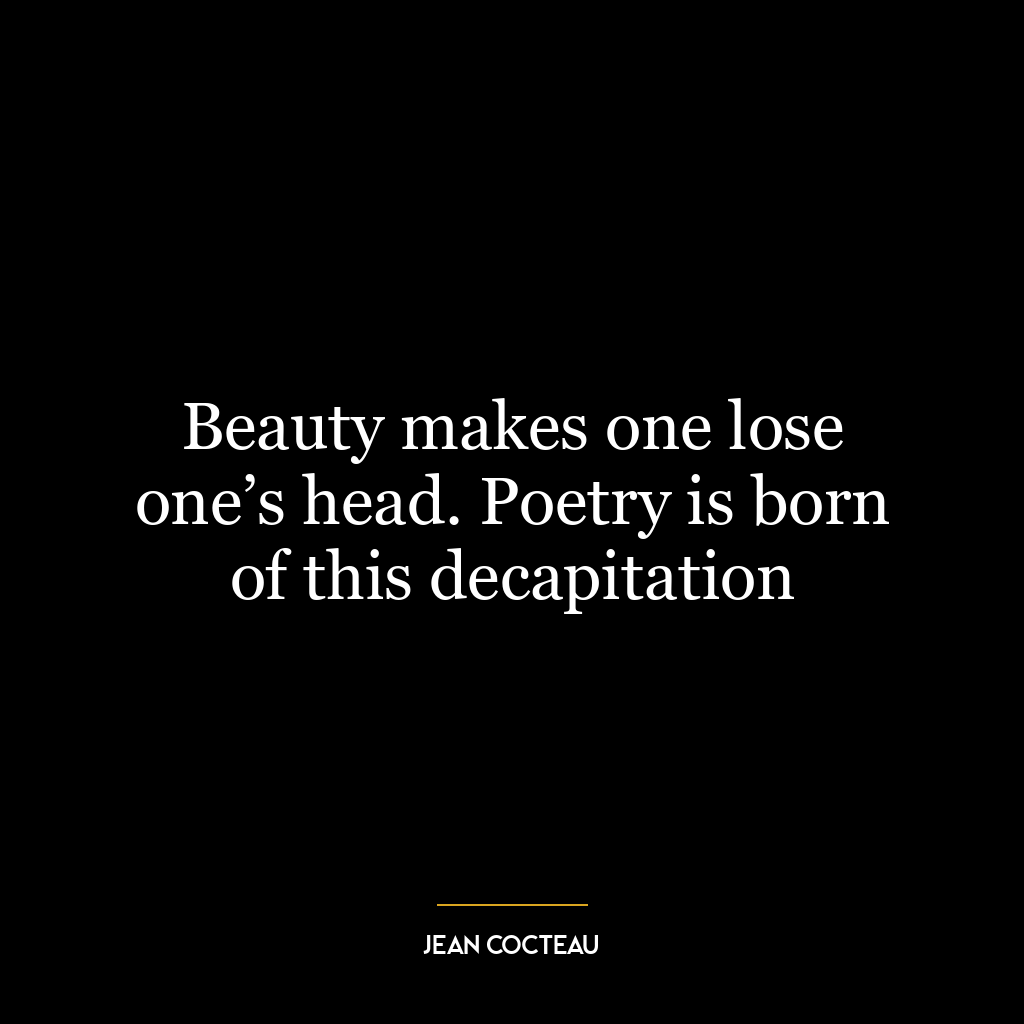This quote reflects the belief that the underlying principles governing the universe are both beautiful and simple. This is a perspective rooted in the elegance of natural laws and the mathematical formulas that describe them. It’s about the belief that the complexities we see in the universe ultimately boil down to simple, fundamental principles that are aesthetically pleasing in their simplicity.
The beauty Einstein refers to is not just aesthetic, but also intellectual. It’s the beauty of a perfectly solved puzzle, where all pieces fit together in harmony, creating a complete and satisfying picture. The simplicity, on the other hand, is not about being simplistic or easy, but about being distilled to its purest form. It’s about the idea that the most profound truths of the universe are fundamentally simple, once we manage to peel away the layers of complexity that often cloud our understanding.
Applying this idea to today’s world, we can see how it resonates in various fields. In science and technology, for instance, the pursuit of simple and elegant solutions continues to drive innovation. The most groundbreaking theories and inventions are often those that simplify complex problems, making them more understandable and manageable.
In personal development, this quote can be a guiding principle. It encourages us to seek simplicity and beauty in our lives, to strip away unnecessary complexities, and to strive for understanding and harmony. It suggests that the answers to our personal challenges, just like the secrets of the universe, can be found in simple, beautiful truths.
Moreover, it’s a reminder that our perception of the world can be a reflection of our inner state. When we cultivate inner simplicity and harmony, we start to see the beauty and simplicity in the world around us. It’s about aligning our personal universe with the greater universe, finding beauty and simplicity in both, and realizing that the principle that governs one also governs the other.











